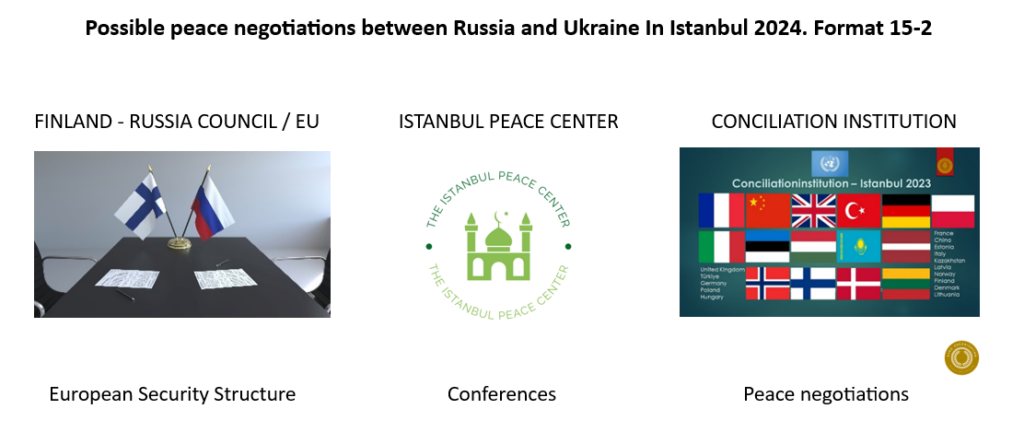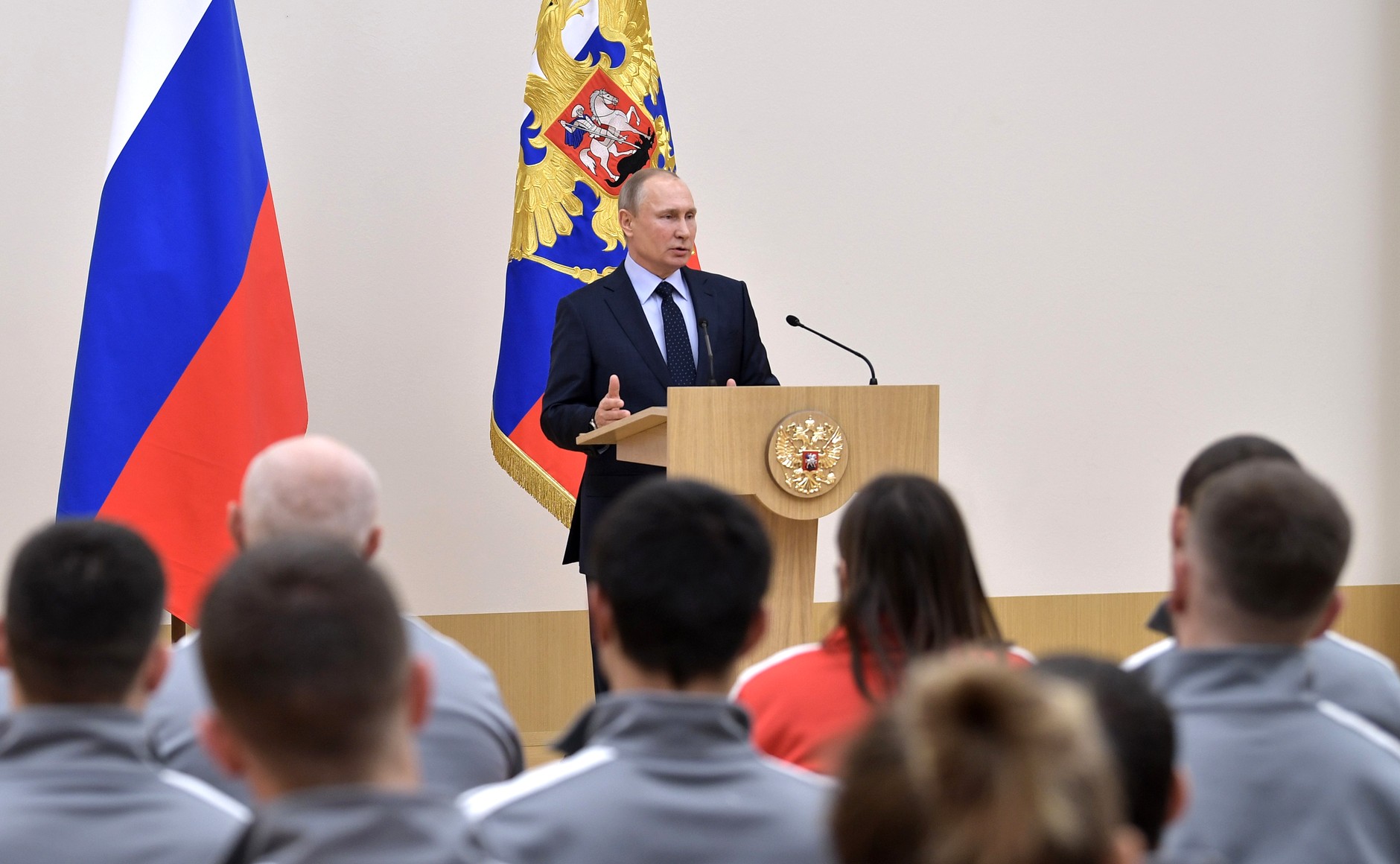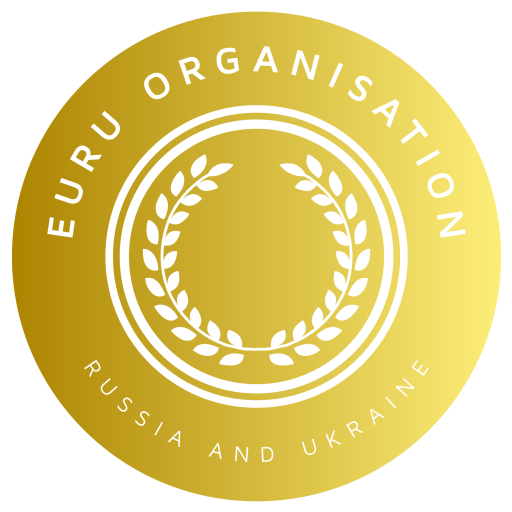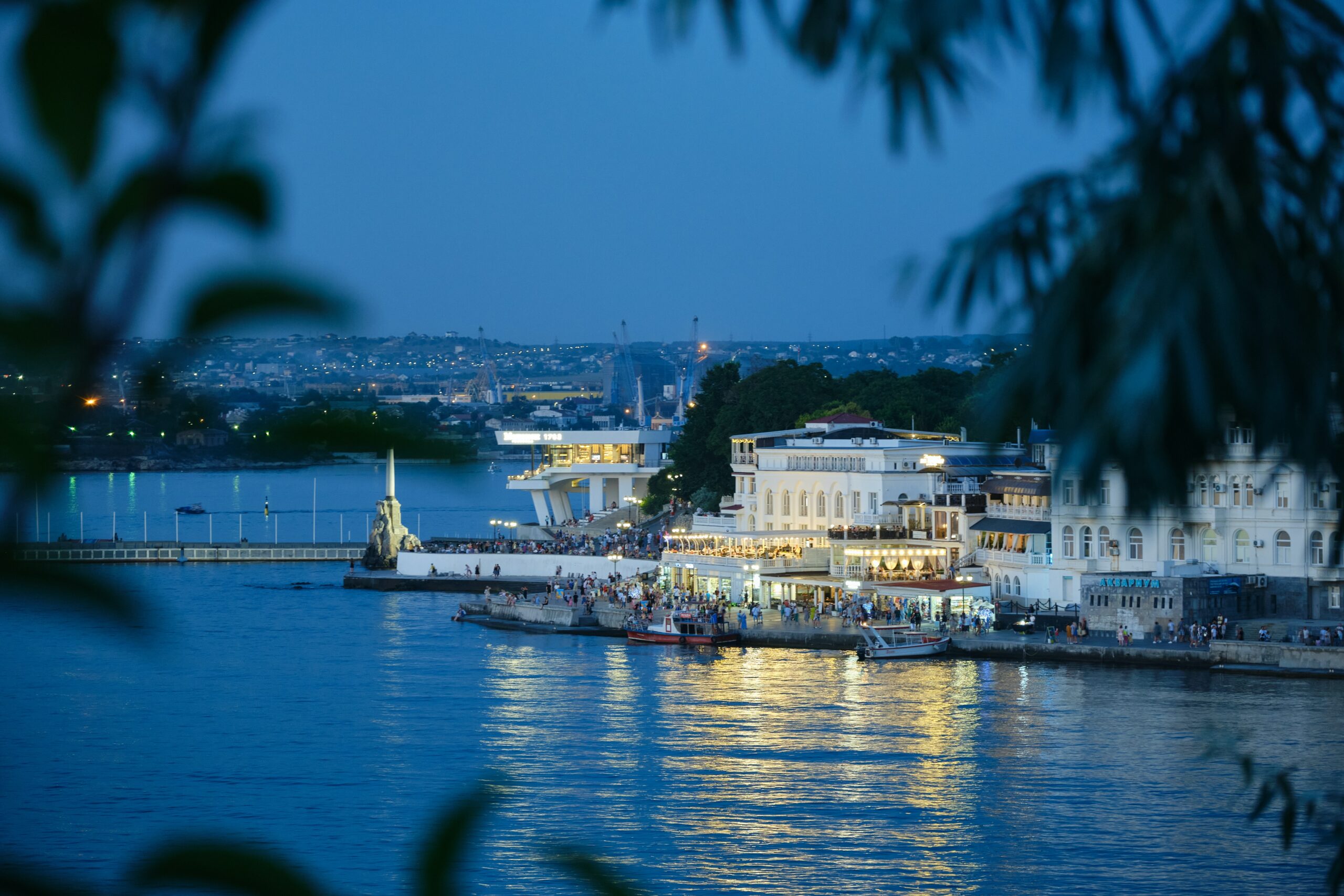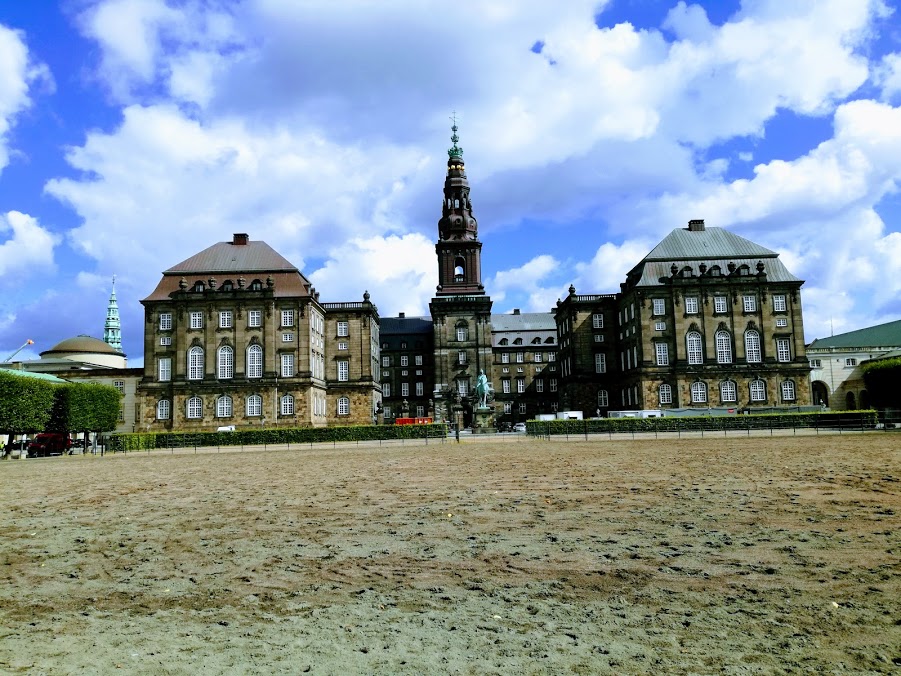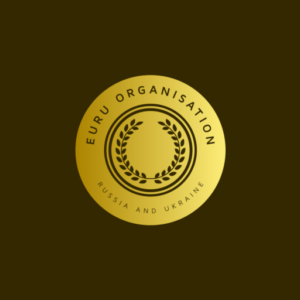The time has come for the international community to signal its understanding of a more nuanced worldview. Focusing on what Russia intends to do in 3 to 7 years makes no sense. Similarly, endlessly analyzing the Russian election this weekend makes no sense either. However, after this weekend, world leaders must face the fact that action must be taken now and ascertain the willingness for genuine peace negotiations.
The Russian presidential election
There is no doubt that even if there were capable opponents against President Putin, he would still win by a large margin. The Russian people have often stated that they know what they have, implying that it is easy to replace someone who would not be as stable as the incumbent president. I believe that the Russian president is far more popular in his own country than both Biden and Trump are in the USA.
In Russia, Ukraine, and the USA, those who have capital, media coverage, and good connections to the media win elections. The same applies in most democracies. Therefore, it makes no sense to portray the Russian election differently. If one is to start negotiating peace and initiate dialogue, world leaders and their diplomats must adopt a different perspective.
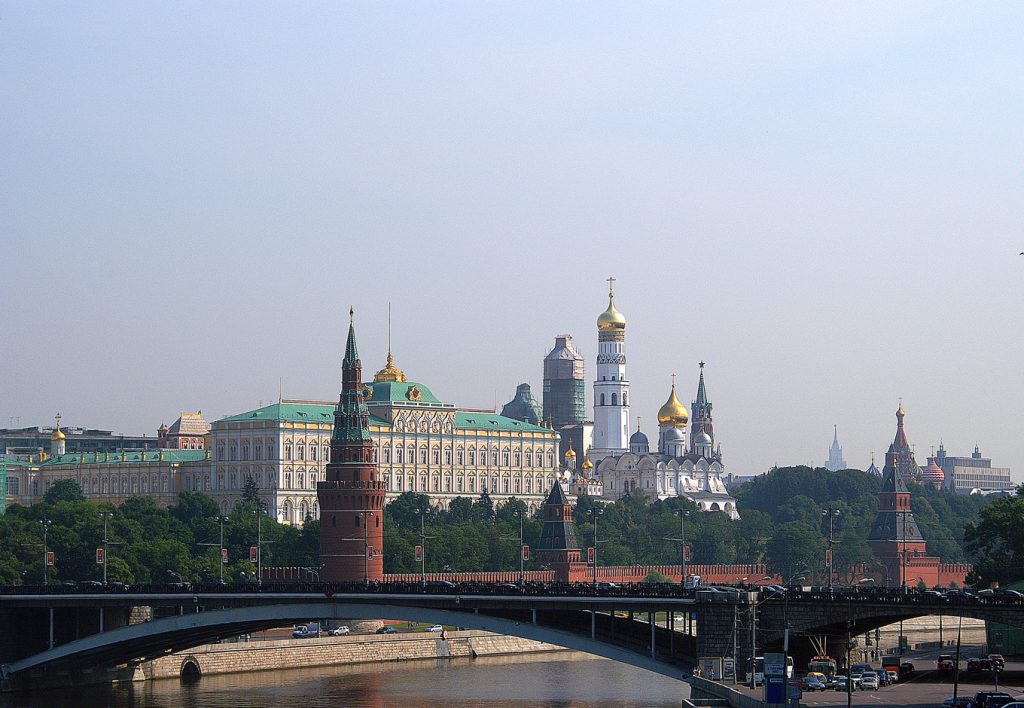
Vladimir Putin – A stabilizing force in Russia’s political landscape
Vladimir Putin has been a dominant figure in Russian politics for over two decades. From the moment he first took office as president in 2000, he has shaped the country’s political landscape and had a significant influence on Russia’s direction and stability.
Russia went through a turbulent period after the fall of the Soviet Union in 1991, characterized by economic upheavals, political chaos, and an overall sense of national insecurity. Putin, who came to power during this tumultuous time, played a crucial role in restoring stability and order to the country. His tenure has focused on strengthening the country’s economy and restoring a sense of national pride that was weakened in the 1990s.
Under Putin’s leadership, Russia has experienced a period of remarkable economic growth. This growth can partly be attributed to rising oil prices in the global market, but Putin has also implemented a series of reforms that have improved the investment climate and increased the efficiency of the public sector. He has taken steps to modernize the country’s infrastructure, invested in technology and military capabilities, and diversified the country’s economy.
In his quest to build Russia’s economic and political influence on the international stage, Putin has also strengthened Russia’s engagement in BRICS countries (Brazil, Russia, India, China, and South Africa). This has not only opened up new trade and political opportunities for Russia but has also helped the country diversify its economy and reduce its dependence on energy resources.
But Putin’s tenure has not been without controversy. His foreign policy, particularly Russia’s annexation of Crimea in 2014 and its military operations in Ukraine in February 2022, as well as its intervention in the Syrian civil war, have led to international criticism and sanctions from both the EU and the USA. Additionally, Russia’s relationship with NATO has become more tense in recent years, leading to increased political tension and uncertainty.
Despite these challenges, Putin remains a popular leader in Russia. He is seen by many Russians as a strong and decisive leader who has restored Russia’s status and influence on the international stage. He has been praised for his ability to navigate complex political landscapes and for his determination to pursue Russia’s interests.
It is not easy to predict Russia’s future development under Putin’s leadership. There are many challenges and uncertainties, including how Russia will navigate an increasingly globalized world and the aftermath of the Ukraine conflict. But one thing is certain – President Mr. Vladimir Putin has had a significant influence on Russia’s development over the past two decades, and his influence will continue to shape the country’s political landscape in the years to come.
Note: The article above does not include the issues related to the conflict between Ukraine and Russia and the annexation of the Crimean Peninsula in 2014.
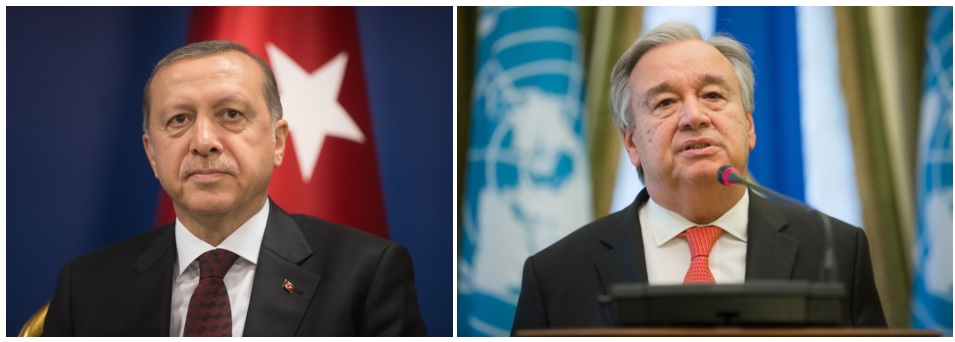
Upcoming peace negotiations
Istanbul could be an appropriate venue for future peace negotiations between Russia and Ukraine, organized by the UN and Turkey. The two main actors in the negotiations could be Turkey’s President Recep Tayyip Erdogan and the UN Secretary-General António Guterres.
The hope must be to initiate international mediation between the parties. Even though the conflict between Russia and Ukraine seems entrenched, we must look for areas where there might be hope and a potential opening for the conflict so that substantive negotiations can begin.
It is imperative that someone attempts to ascertain whether Russia and Ukraine are willing to make concessions so that a peace process can begin. This article is not exhaustive but attempts to provide some perspectives that may contribute to the initiation of peace negotiations.
The international community has no exit strategy
As I have pointed out several times, many countries in the EU and NATO wholeheartedly support Ukraine, which is necessary. The big problem is that there are almost no efforts to formulate sensible peace solutions and attempt to find a sustainable strategy for the Ukrainian and Russian people. As it stands now, the strategy is for Russia to leave Ukraine, and the Russian people to be isolated, with a new Iron Curtain drawn through Europe. The problem is that if one believes that this creates peace, stability, and progress in Europe and the world as a whole, then one has misunderstood most of it.
It is incomprehensible that there is a lack of willingness to initiate a process that can de-escalate the conflict and, based on Scandinavian principles, build bridges between the countries. The process must be based on including all people in Europe rather than excluding those who have suffered so much and who wish for normal relations with other people in Scandinavia, Europe, and the world as a whole. Both the Russian and Ukrainian people want to live and operate in a free and homogeneous Europe.
It is not enough for heads of state to talk to each other, and consensus countries talk to each other. The international community must focus on pursuing a policy based on the reality that there are around 180 million people living and operating in these two countries who have the same desires and dreams as us. We know that several nations will contribute to saving lives in Ukraine and participate in rebuilding the country.
It is only a sensible way to resolve the conflict, and it is through trade and cooperation and interaction with both the Ukrainian people and society as a whole and with the Russian people, Russian businesses, and the Russian government. We in Europe must realize that it is necessary for countries to play an active role and initiate the necessary and lengthy diplomatic work required to end the war in Ukraine.
I have previously pointed out, and do so again in this article, that a mediation institution in Istanbul can play a crucial role and a format 15-2, where in addition to Ukraine and Russia, there are 15 countries that can contribute to drafting working papers that can be included in future peace negotiations in Istanbul.
The people of Ukraine must know that reconstruction of the country will commence as soon as possible. At the same time, the Russian people must be informed that all sanctions against the country will be lifted, and foreign companies that have left the country should, as far as possible, resume their activities there. This must be communicated clearly and explicitly to the Russian people and businesses.
As the situation stands now, there is diplomatic timidity. If a peace solution is to be reached, it is necessary to start working on drafting working papers and a comprehensive and detailed strategy for future cooperation between Ukraine and Russia.
Both the Ukrainian and Russian people want peace and a future where they can live without fear of war, sanctions, and isolation.
It makes no sense to try to weaken Russia’s economy in the long run? If we are to have a strong and stable Europe, it is also necessary for Russia’s economy to be strengthened and the energy sector to be re-established so that everyone can contribute to reducing inflation and creating growth while also contributing to paying for the reconstruction of Ukraine. We know that after the war, Ukraine will be rebuilt. At the same time, as Ukraine is rebuilt, the Russian people must also return to normal conditions.
As civilized people, we cannot allow opinion-makers, military analysts, military personnel, and politicians to interpret the text unilaterally – and where the war may last for several more years without anyone intervening and attempting to resolve the conflict through diplomatic means.
It is important to focus on the population in the conflict between Russia and Ukraine and find a solution that can promote peace, stability, prosperity, and harmony for both countries. International mediation focusing on meeting the needs of the population and protecting minority rights is necessary.
A peace agreement will dampen inflation, restore stability to the energy market, and help stop recession in Europe and the USA. It is only a sensible way out of the crisis, and that is to re-establish normal trade relations with Russia and the Russian people in the same way it will happen in Ukraine.
Peace negotiations are not about the Russian leader and the Ukrainian leader sitting down and agreeing on a peace solution here and now, as it is often simplified. But it is about long-term negotiations to find an exit strategy for both countries, with several countries participating in this process.
A strategy for the reconstruction of Ukraine and for achieving peace and stability in the country must be developed. A strategy must also be devised for future cooperation and trade relations with over 140 million people in Russia.
To initiate work on substantive peace negotiations, it is necessary for a group of countries to agree on a negotiation draft or an overall plan for initial peace negotiations. It is pointless to talk to the Ukrainian and Russian governments if the international community (many countries) does not agree on a peace solution and future strategy for trade and cooperation.
After these working papers and explorations have been conducted, the basis for establishing a reconciliation institution has been laid. This institution should be located in a central location in the region so that logistical challenges are minimal for all parties.
Before peace negotiations can begin, the law passed by the Ukrainian parliament on July 20, 2022, must be repealed. The law stipulates that Ukraine cannot negotiate peace until all Russian troops have withdrawn from Ukraine, and until Ukraine’s sovereignty and territorial integrity have been restored.
I have outlined here some points that can be included in a possible future peace agreement, and some of the points have been previously discussed here on euruo.com.
Initial peace agreement and grain agreement.
- The nuclear power plant becomes a demilitarized zone.
- Rosselkhozbank gains access to the international payment system Swift.
- Russian freight ships have better access to European ports and the international insurance system.
- Ammonia gas pipeline reopened.
- Ukraine regains the opportunity to export grain.
- Maritime mine clearance tasks.
- No foreign troops on Ukrainian soil in peacetime.
- Dialogue on future trade policy and interaction in Europe.
- Dialogue on the Reconstruction of Ukraine
- Coexistence on the Crimean Peninsula
- Greater autonomy for some of the eastern regions in Ukraine
- Russian friendship regions in Ukraine
- Possible leasing agreements
- Future energy cooperation in Europe
Other topics include autonomy for Donbass within Ukraine’s borders. Relief of sanctions against Russian companies and release of frozen assets. At the same time, discussing a new security structure in Europe, including demilitarized zones at the borders of countries.
I will encourage the UN to lead future peace negotiations between Russia and Ukraine. It is obvious that these negotiations will take place in Istanbul, which is a neutral city with historical and cultural ties to both countries. Several politicians, both in Russia and Ukraine, have called for peace negotiations.
This policy of letting things be must cease, and the necessary human diplomatic resources must be provided to initiate peace negotiations between the countries. We have wise diplomats, but we do not have wise diplomacy at the moment.
It must be crystal clear to everyone that the time has come for negotiation, and the international community must clarify what the countries’ goals and intentions are so that the international community can devise their own security policy thereafter.
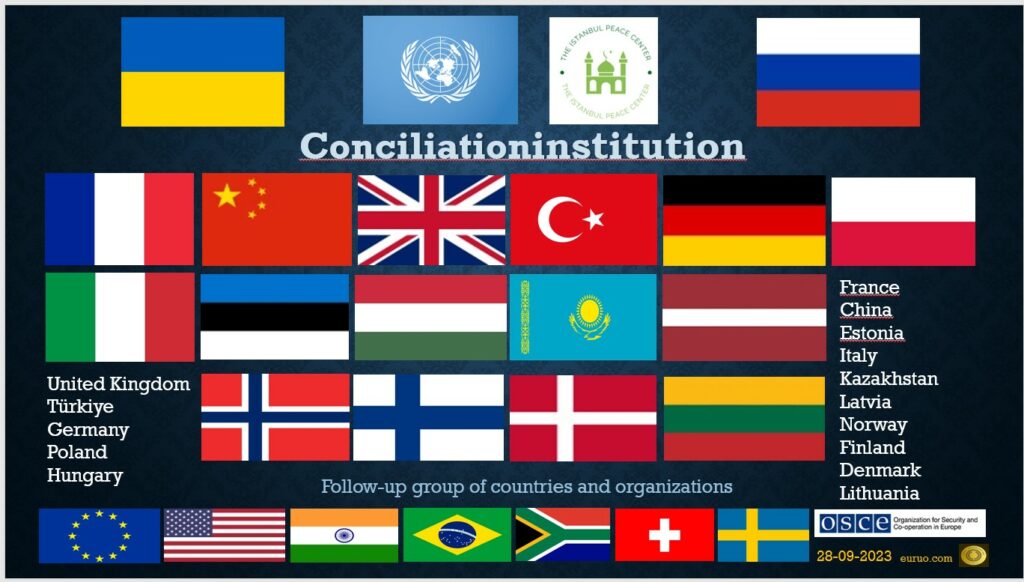
Only the countries that can comply with the outlined roadmap can participate in future negotiations in Istanbul. As mentioned before, a three-pronged strategy must be worked on. An international forum where all countries can participate and where both politicians, diplomats, and businessmen discuss future cooperation after the war has stopped. An international mediation center where only the selected countries participate and have committed to the roadmap can participate. Here, there is a 15-2 format.
These negotiations must also take place in Istanbul. In addition, a new security plan or security structure in Europe must be developed in Finland, including demilitarized zones at the borders of countries. Finland leads these negotiations, and all countries bordering Russia can participate. As is often pointed out here on euruo.com, Russia feels encircled by unfriendly nations, and if they are right in these assumptions, there is a great deal of work to be done to neutralize the problems that this causes. Another aspect that is often discussed is the so-called red lines, but as I see it, the USA and Britain cannot have any red lines, as they have committed themselves in Budapest to protect Ukraine, so there is a heavy burden on these two countries.
